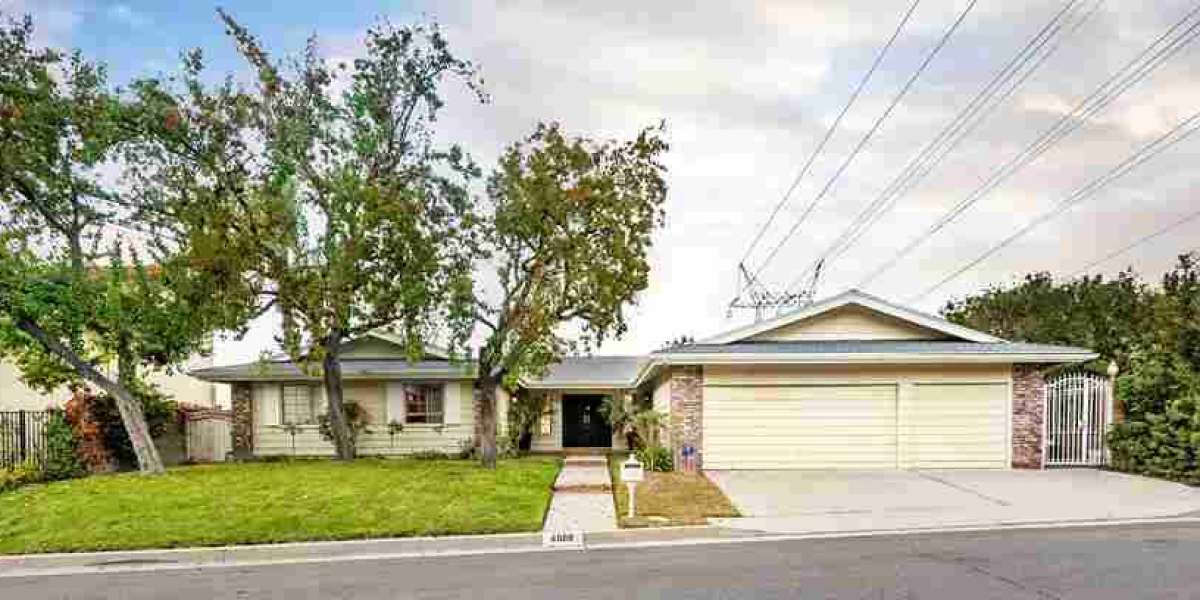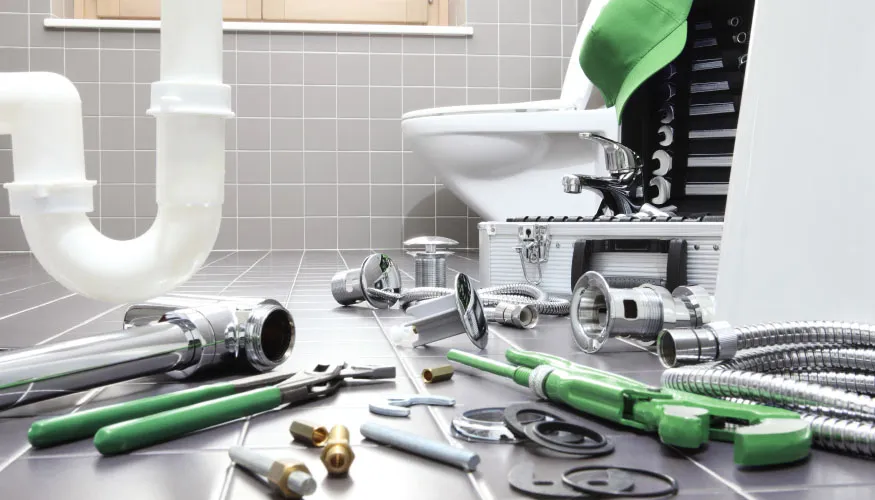When it comes to enhancing your property with a new driveway or concrete surface, working with reliable and skilled concrete and driveway contractors in Greenville, SC is essential. This comprehensive guide will walk you through the process, from initial planning to final execution, to ensure your project is a success. Understanding each step can help you make informed decisions and achieve the best results for your home or business.
Role of Concrete and Driveway Contractors in Greenville, SC
Concrete and driveway contractors in Greenville, SC specialize in installing, repairing, and maintaining concrete surfaces, including driveways, walkways, patios, and more. Their expertise covers a range of services, from basic concrete laying to more complex tasks like decorative finishes and custom designs.
These contractors handle everything from site preparation to the final finishing touches. Their role is crucial in ensuring that your concrete project is not only aesthetically pleasing but also durable and functional.
Initial Planning and Consultation
The first step in working with concrete and driveway contractors in Greenville, SC is to schedule an initial consultation. This meeting allows you to discuss your project goals, preferences, and budget. During this phase, contractors will assess your site, provide recommendations, and outline the scope of work.
Key Points to Discuss During the Consultation:
- Project Goals: Define what you want to achieve. Are you looking for a new driveway, a decorative patio, or a functional walkway?
- Design Preferences: Share any specific design ideas or styles you have in mind, including color, texture, and pattern.
- Budget: Discuss your budget constraints and get a clear estimate of costs. Be sure to ask about any potential additional expenses.
- Timeline: Establish a project timeline, including start and completion dates, and understand any factors that might affect the schedule.
Choosing the Right Contractor
Selecting the right concrete and driveway contractor in Greenville, SC is crucial for the success of your project. Here are some tips to help you make an informed choice:
- Experience and Expertise: Look for contractors with a proven track record in concrete and driveway installation. Experience in handling similar projects can be a good indicator of their capability.
- Licensing and Insurance: Ensure that the contractor is licensed and insured. This protects you from potential liabilities and guarantees that the contractor meets local regulations.
- References and Reviews: Check references and read reviews from previous clients. Positive feedback and satisfied customers can provide insight into the contractor’s reliability and workmanship.
- Portfolio: Review the contractor’s portfolio of completed projects. This will give you a sense of their style and the quality of their work.
Site Preparation
Once you have chosen a contractor, the next step is site preparation. This involves several key activities to ensure a solid foundation for your concrete surface:
- Clearing and Excavation: The contractor will remove any existing surface materials, such as old asphalt or concrete, and excavate the area to the required depth.
- Grading: Proper grading ensures that water will drain away from the surface, preventing issues like puddling or erosion.
- Sub-base Installation: A stable sub-base, typically made of gravel or crushed stone, is essential for supporting the concrete and preventing cracks.
- Formwork: Formwork involves setting up wooden or metal forms that define the shape and edges of the concrete surface. This helps in maintaining the desired dimensions and alignment.
Concrete Pouring and Finishing
With the site prepared, the actual pouring and finishing of the concrete can begin. Here’s what to expect during this stage:
- Mixing and Pouring: The concrete mixture is prepared and poured into the forms. Contractors use specialized equipment to ensure an even and consistent pour.
- Screeding: This process involves leveling the surface using a screed board, which helps to remove excess concrete and create a smooth finish.
- Finishing: Various finishing techniques can be applied to achieve the desired texture and appearance. This includes troweling for a smooth surface, brushing for a textured finish, or stamping for decorative patterns.
- Curing: Proper curing is essential for achieving the maximum strength and durability of the concrete. This typically involves keeping the surface moist and protected from extreme temperatures for a specified period.
Post-Installation Care
After the concrete is installed, there are several important steps to ensure its longevity:
- Sealant Application: Applying a concrete sealant helps protect the surface from stains, moisture, and UV damage. Your contractor can recommend the best type of sealant based on your specific needs.
- Regular Maintenance: Regular maintenance, including cleaning and periodic resealing, will help keep your concrete surface in good condition. Avoid using harsh chemicals or abrasive tools that can damage the surface.
- Monitoring for Issues: Keep an eye out for any signs of problems, such as cracks or uneven surfaces. Addressing issues early can prevent more significant damage and costly repairs.
Addressing Common Concerns
While working with concrete and driveway contractors in Greenville, SC, you might have some common concerns. Here are a few frequently asked questions and their answers:
- What if it Rains During the Installation? Rain can affect the curing process of concrete. Contractors will monitor weather conditions and take precautions, such as covering the surface, to mitigate any potential issues.
- How Long Does Concrete Take to Cure? Concrete typically takes about 28 days to reach its full strength, but you can usually use the surface for light traffic after 7 days. Your contractor will provide specific guidelines for your project.
- Can I Make Changes After the Project Starts? Significant changes to the project scope or design may affect the timeline and cost. It’s best to finalize all decisions during the planning phase to avoid complications.








